How to Manage Information Overload and Reclaim Your Focus
Here’s a Little Secret.
Somewhere along the way, the flow of information quietly shifted.
It used to go something like this:
You have an interest → Your curiosity sparks questions → You search for answers—and if no one else has figured it out, maybe you do.
Now it’s more like this:
The world assumes it knows your interests (based on your patterns) → Information bombards you from a thousand directions → You’re expected to care about all of it and trust it, because apparently, the world knows what you want before you do.
But what does it mean if the world can anticipate my needs?
Do I still get a say in what I actually need?
The Week I Chose Silence
I recently left my consulting job to focus full-time on my business. The first few weeks were busier than I expected. Then, during the third week, my husband left on a trip, and I was left with the house to myself.
I was tempted: turn on music, binge a show on the big TV, dive into a book, or listen to a podcast. None of those are bad—in fact, they often have their place. But I paused and asked myself:
“What do I really need this week?”
You know what came up? Silence.
I needed to disconnect from the outside world's noise. So I did.
I deleted every app from my phone related to TV or social media and sat in my house in glorious, uninterrupted silence.
It was exactly what I needed—and almost certainly not what the world would have told me I needed.
Attention Is a Choice
We are drowning in information overload—and most of it isn’t even stuff we’d choose to get.
Jenny Odell puts it beautifully in How to Do Nothing:
“The point of doing nothing... is to hold open a contemplative space against the lures of profit, attention, and efficiency. It’s a way of thinking, a way of being, that sees attention not as something to be captured but as something to be chosen.”
What if we made a conscious choice to reclaim control over the information we consume?
They say attention is currency—what if we spent it on what truly matters most to us?
Choose Your Channels
You can reconnect with what you really need by being intentional about what you let in.
Try this:
1. Where is the information coming from?
Social media, TV, newspapers, news apps, podcasts, school, work, friends, family?
2. How much of it are you actively choosing vs. passively receiving?
If attention is power, where are you spending it—and who benefits?
Are you seeking it—or is it being pushed to you?
3. Prune: Make Room for What Matters
Eliminate what doesn’t serve you.
Let go of sources that add noise or anxiety—news, newsletters, or social feeds that don’t align with your values or energy.
Set boundaries around what stays.
Reduce the volume. Turn off push notifications. Limit time on apps. Let people know when you're offline or protecting quiet time.Curate with care.
Follow only what fuels you. Keep your feeds aligned with what you value, not just what’s trending.Take “information sabbaths.”
Block time to disconnect—an afternoon, a morning, even just 30 minutes. Let your brain breathe without input.Choose slowness and presence.
Single-task. Pause before reacting. Pay full attention to what’s in front of you. Let presence be your filter.
Let Your Inquisitive Nature Lead
If we’re not careful, the constant flow of input will drown out our inner voice. Imagine what your mind would sound like without all that extra input?
Let’s be selective together, friends.
P.S. If this spoke to something deep inside you, and you want more, check out my free Awaken Your Inner Joy guided journal experience, and let’s stay connected.






Hi there, I’m Kendra.
I’m a woman forever changed by loss—and by the quiet clarity that followed. I walked away from the life I was “supposed” to want and began creating one that felt like home. Now I help women reconnect with their truth and create lives that feel deeply aligned—inside and out.